22 Articles
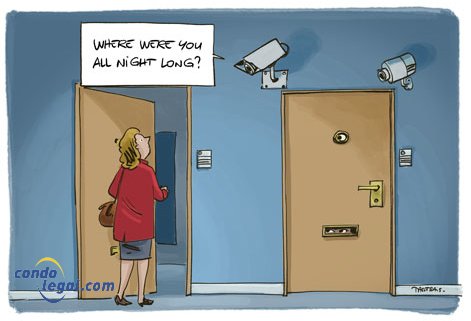
The desire to preserve the safety of people and property may lead both the syndicates and co-owners to consider installing surveillance cameras in the building. For many, when a co-ownership (condominium) faces repeated acts of vandalism or experiences burglaries, video surveillance is often seen as an effective solution, especially since the decrease in costs and technological advances have made it more accessible. However, the legality of installing cameras in co-ownerships raises several issues and sparks debates, particularly among…...
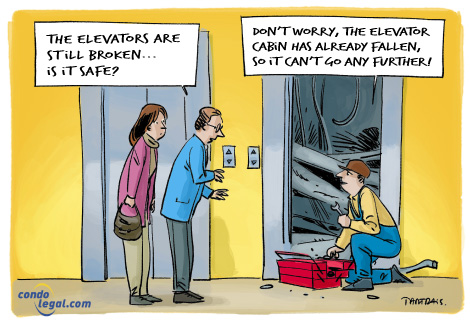
Many co-ownerships (condominiums) have elevators because they are built vertically; occupants who live there especially the elderly or those have reduced mobility expect them to be in continuous operation. The concerned syndicates of co-owners are thus required to guarantee that the elevators are brought up to meet the required standards. Elevators must be kept in good working order, safety work must be carried out and the technical inspection of the elevator must be carried out according to the requirements of the…...

The legal status of parking spaces varies from one co-ownership (condominium) to another, according to the provisions of the declaration of co-ownership (constituting act of the co-ownership). These spaces, intended for vehicle parking, can be located either underground or outside the immovable. It is essential to distinguish the spaces classified as private portions from others, which can be designated as common portions or common portions for restricted use; they each have their own characteristics. For the board of directors, it is…...

In a divided co-ownership, most storage water heaters (electric or gas) play an essential role in the daily comfort of residents; typically installed inside the apartments, these devices are considered to be part of the private portions thus falling under the individual responsibility of each co-owner and so, it is imperative for them to ensure the proper functioning of their water heaters by paying a particular attention to any signs of aging or failure. ...
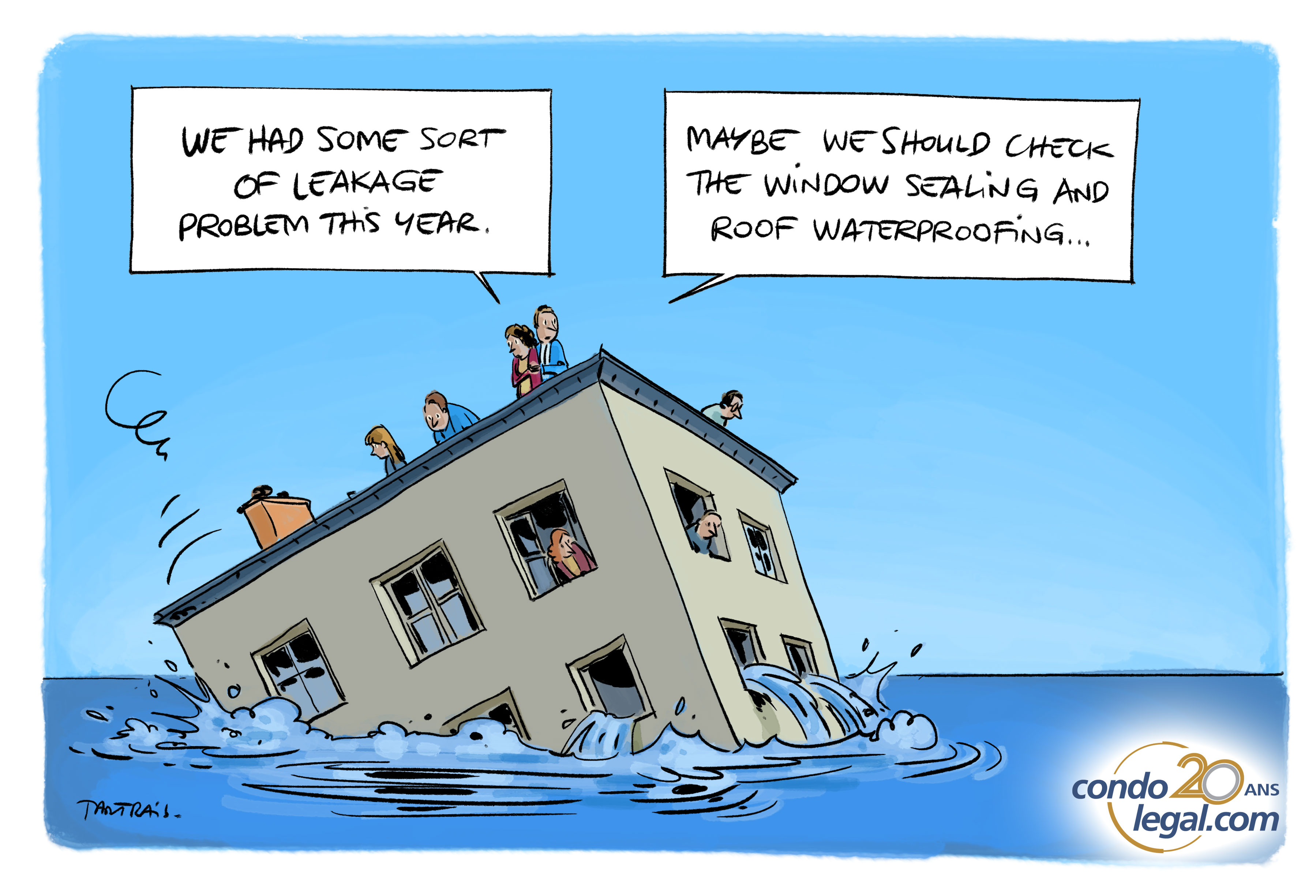
The concept of water damage refers to the damages caused to property by the action of water; it can be a pipe that bursts because of the frost, the drain pipe of the washing machine that breaks or the bathtub that overflows. Water damages are probably the most recurrent problems in immovables in a co-ownership (condominium) regime; as a matter of fact, over the past ten years, the proportion of this type of loss has more than doubled. Furthermore, water…...
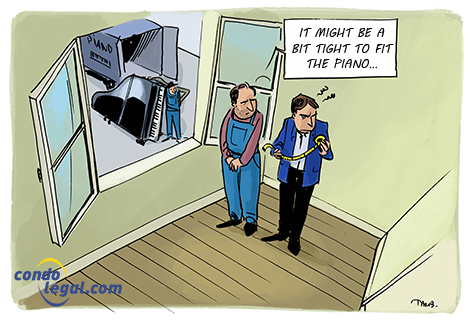
Relocations and move-ins involve going through the common portions of the building to transport furniture, boxes and other personal belongings. These operations could turn into a real mess or nightmare if, in a co-ownership (condominium), the framework for managing them has not been clearly established. While certain provisions of the declaration of co-ownership are universal on this issue, nothing prevents a syndicate of co-owners from improving its content in order to adapt them to its own…...

The co-ownership (condominium) gives rise to expenses relating to the maintenance of the common portions and the day-to-day administration of the syndicate. Administrative, maintenance, replacement, improvement or alteration expenses of the common portions are divided among the co-owners of the immovable. General common expenses are to be distinguished from particular common expenses; in the first case, it is the relative value of each fraction that is used to establish the co-owners contribution whereas for particular common…...

Preparing a forecast annual budget is an unavoidable task in a co-ownership (condominium); its preparation, preliminary examination and adoption will ensure the proper functioning of the syndicate of co-owners. It is up to the board of directors to define the terms of the forecast annual budget based on the expenses that will have to be paid to allow the syndicate to respect its obligations; the budget also makes it possible to fix the amount of the contributions of each co-owner related to…...

Selecting the services of a good condo manager requires a thorough and thoughtful process; it is up to the board of directors to decide whether they prefer a small or large co-ownership (condominium) management company, this choice needing to consider not only the size and specific features of the immovable but also the importance of choosing a manager who stands out for their honesty, their skills and their availability as well as having am unwavering commitment to the co-ownership. …...
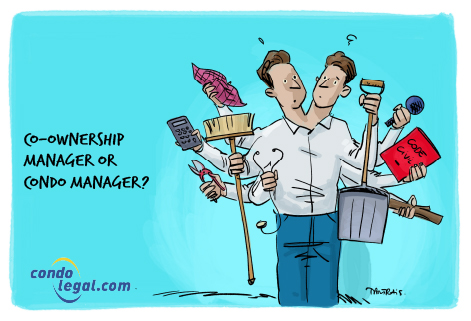
Distinguishing between the function of the co-ownership manager (gérant) and the condo manager (gestionnaire) is not an easy task; most participants who work in the field of a co-ownership (condominium) struggle with this issue. The co-ownership manager has decision-making powers regarding the management of the co-ownership whereas the condo manager acts as an advisor and is the one who implements the decisions made by the board of directors. ...
